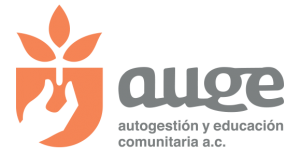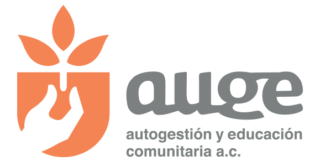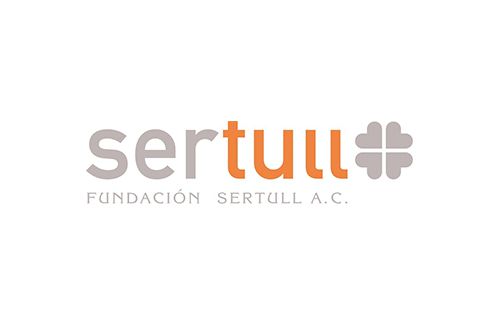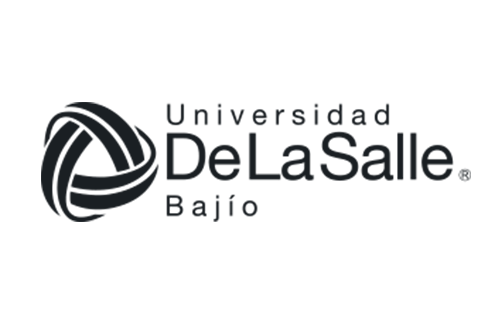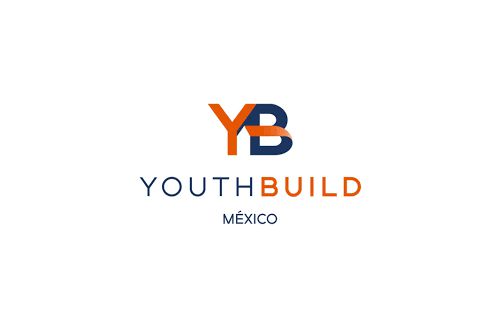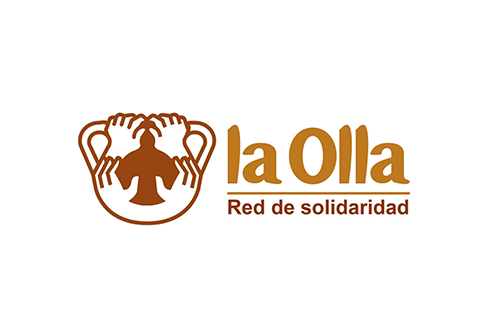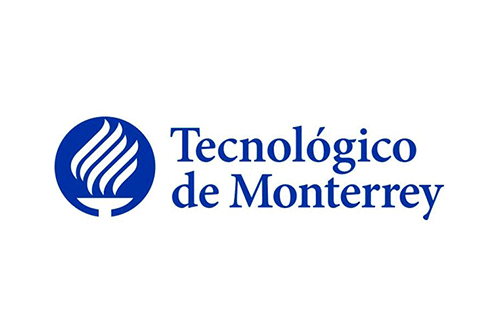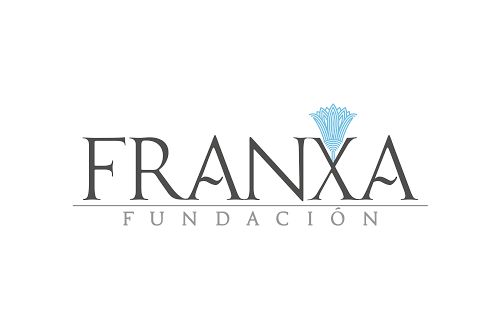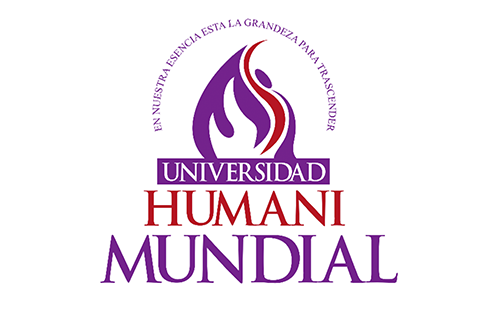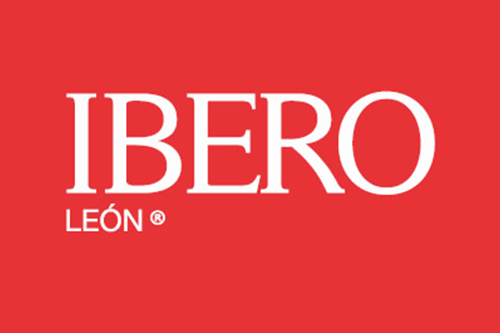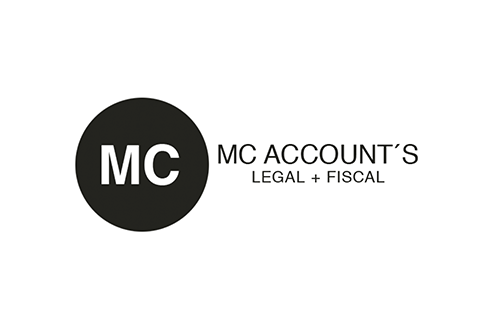WHO ARE WE?
- Objectives
- Mission and vision
- Core values
- Methodological principles
- Where are we?
- Our story
- Directory
- Vinculación
We are a community development organization that works in the outcast zone of the city in León, Guanajuato. We believe that people can break the conditions that keep them in the outcast condition through education and community development. Want to know more?
The word self-management expresses a position in front of the others; a vision of the person that is based on confidence in their abilities and respect for their freedom. No one can develop another; no one can decide for another the moment to act and the direction of his action. Only with that other person, and from the other´s perspective can the conditions of their marginalization be overcome. Self-management is also a basic methodological budget. AUGE is not an institution that brings assistance programs to the communities or that gives away groceries or blankets. We are an organization that invites people in communities to organize, learn and work to transform their reality.
Education
We understand education not as training, or knowledge accumulation, but as the process of integral growth, of development of the potentialities of the person in his indissoluble bond with the community.
At AUGE we seek to develop projects that meet the most urgent needs of the community, defined based on self-diagnosis. We are currently work on the Education, Health, Culture and Incidence is the environment. We also coordinate the La Olla Solidarity Network, a second level organization that seeks to provide more comprehensive care to the inhabitants of Las Joyas.
Mission
AUGE’s mission is to accompany those who live under marginal life situations for them to be the subject of their own development.
Vision
To be an organization capable of consolidating first and second level organizations at impoverished or struggling neighborhoods for their residents to be able to accomplish the full guarantee of their human rights.
The values orientating AUGE’s work are:
- Justice and equity. We believe in the possibility of building together a society where everyone may find his/her fundamental rights guaranteed; a society in which the access to basic goods like health, education and food would not depend on the family’s socio-economic situation.
- Freedom.One of our fundamental stand points is that people are born free and no one can make decisions for them, especially when it comes to decisions regarding the person they themselves would like to be.
- The person as the center point. The compass orientating our main methodological choices must always be to consider that the person is the center of all our work. People, and children in particular, must be above every economic or political interest. Persons should not be turned into means, they are ends in themselves and shouldn’t be used as means to achieve other goals. Immersed in an economic system which has gone from a market economy to a market society; where everything is turned into merchandise, we state that persons are not merchandise and they must not be used as a simple input for economy purposes or supporters for political purposes.
- Solidarity. Research has provided evidence that our evolutionary success as a species is due more to our ability to help each other, than that of the fratricide competition among humans. We believe in the innate ability of the human being to feel empathy towards his/her fellow humans, and thereafter, to act in order to help those in need. We also believe that solidary attitudes, those generous and filled with compassion, are not only good for the other who is being helped; moreover, those attitudes are an efficient way to build our own happiness.
From the previous values, the following methodological principles emerge; that is, forms of work that harmonize with them:
Self-Management
Respecting the person and trusting his/her freedom oblige, as a matter of principle, to the certainty that no one is set free by someone else: it is only the individual who may free herself/himself, and the external agent’s role here is only to provide them with tools and means to do so themselves. As a matter of principle, AUGE is against charity programs which give away consuming goods when those charitable contributions are not directly linked to educational programs and processes which would refrain dependency; those educational processes should detonate the person’s self-development, freedom and growth.
Integrality
Integrality is considered in two ways; on one hand, the recognition of the impossibility to transform people in only one way, such as the physical without the spiritual; the spiritual without caring for the psychological; the psychological regardless of the intellectual, etc. A human being is an indivisible unity, who should be considered integrally.
On the other hand, one can’t either think of persons as islands not connected to every one else. Persons are part of a human ecosystem and material conditions do affect them. Therefore, we should seek people’s transformation as individuals while keep vigilant of the physical and social setting in which it develops (known as milieu).
Social Fabric
The transformation of this human ecosystem basically materializes itself in the form of re-building the social bonds among residents.
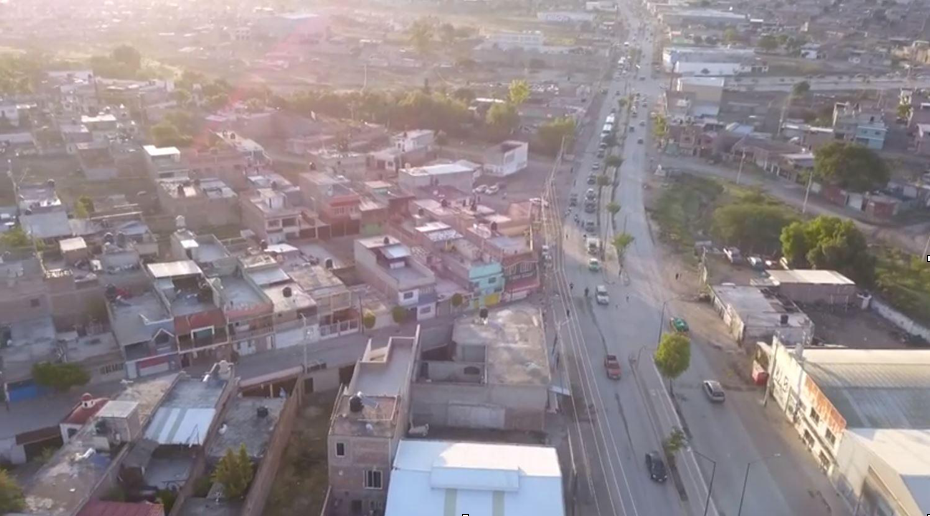
We are located in a zone known as The Poverty Polygon of Las Joyas, which is the sum of more than 40 irregular settlements that have been growing disorderly way to the west side of the City of León Guanajuato. It is a territory shaped as a bowl that measures approximately 1,808 hectares with mixed characteristics, on one side, there are formal but really low income housing. On the other side there are also irregular settlements, the result of multiple land invasions or irregular sales. It also has an ambiguous nature, as it presents in some areas, properly urban characteristics and in other, still rural or semi-rural features. Due to its topography, it conserves numerous runoffs that end, for the most partim in two dams that are still part of the Ejido de La Joya.
The conditions for the development of boys and girls in this zone are really adverse. The low educational level of their parents and the adverse conditions in which teachers work increase the educational gap. Young people, who see few prospects for the future, are easy prey for organized crime. Community ties are weak, due to the recent formation of most of the settlements and due to working hours and long commuts that leave little room for organization and enjoyment of free time. These conditions are what force us to respond and work in this area. Do you want to know a broader diagnosis of Las Joyas?
AUGE, autogestión y educación comunitaria, a civil association that inherits the more than 30 year experience of communitary education programs of our founders. In 2006 we became Utopías Navegables, devoted fully to producing materials for community education projects.
In 2012, we were invited to run some diagnostics to Las Joyas because of the extreme growth of violence among the community. From there, we felt the need to help in several problems related with the use of free time of boys and girls; to come up with supporting ways to help in their educational performance and avoid them from quitting school, to help in the early development of younger boys and girls, to better their health and nutrition situation, to encourage breastfeeding in newborns...We got to work, first under the name of Utopías but we soon learned that we needed to restructure and formalize our work, and in 2014 we constituted AUGE, with a new board and a territorial purpose focused on Las Joyas.
In the very extensive territory of Las Joyas, there already were some other governmental organizations, churches, etc that worked with the people of the zone. We saw the need to group all these efforts through a wider association of people and organization, and that is how Red de Solidaridad La Olla was born.
Board of Directors
David Carlos Herrerías Guerra (President)
Sara María Herrerías Azcué (Technical Secretariat)
Juan Manuel Márquez Ponce (Treasurer)
José Ignacio Morales Simón
Ricardo Arturo Pinto Morales
Renato Solares Ponce de León
Arturo Bernabé Torres Fox
José Manuel Salvador Zermeño Luque
Egaí Jasso Arroyo
Clara Azcué Pérez Gil.
Bruno Adrián Cervantes Rodríguez
Advisory Council
Carlos Cárdenas Castro
Oscar Mauricio Gómez Romo
Erika Llamas Andrade
Carmen Obregón Rodríguez
Fernando Sánchez Collazo
_______
AUGE TASK FORCE
_______
General Management
Sara María Herrerías Azcué.
_______
Education Area:
Rodrigo Murillo Salinas, Area Director.
Clara Azcué, Tribus Auge Coordinator.
Hilda Aracely Vázquez, Francisca Alférez, Pre-school and primary school counsellors.
Georgina Cárdenas Nava, Pilar González, Second Opportunity High School AUGE Tutors.
Rodrigo Aguilar, Hard Science Adviser
Jorge Suárez, Psychologist
_______
Integral Health Area:
Melanie Aguilera Area Director
Cinthia Balderas,
Joseline Olmedo, Health promoters
_______
Art Training Area
Sergio Farfán, Sonar Las Joyas Academic Director
Sonar Las Joyas Teachers
Laura Rangel, Chorus
Efraín Salvador Vargas, Violins
Vianey Gaona, Viola
Fernando Barrón, Wooden boards
Josué Molina, Double bass and solfège
Nahum Hernández, Percussions
Noé Crespo, Metal winds
Mariana Botello, Flute
Noelia Mendoza, Cello
Emmanuel Moreno, Oboe and Bassoon
_______
Impact in our surroundings
Alonso Merino, Area Director
Sarahí Navarro Promoter of the Territories Programme Jhovanna Fonseca y David Herrerías Promoter of the Social Management programme
_______
Organisational Development Area
Jorge Luis López Sosa, Area Director
Laura Obregón, Rocío González Vega Sustainable Institutional Development.
Jorge Herrerías Guerra, Communication.
Marco Bustamante, Accounting Assistant, General Services
Lupita Moreno, Cleaning staff
Raúl Gutiérrez, Augebus Driver.
